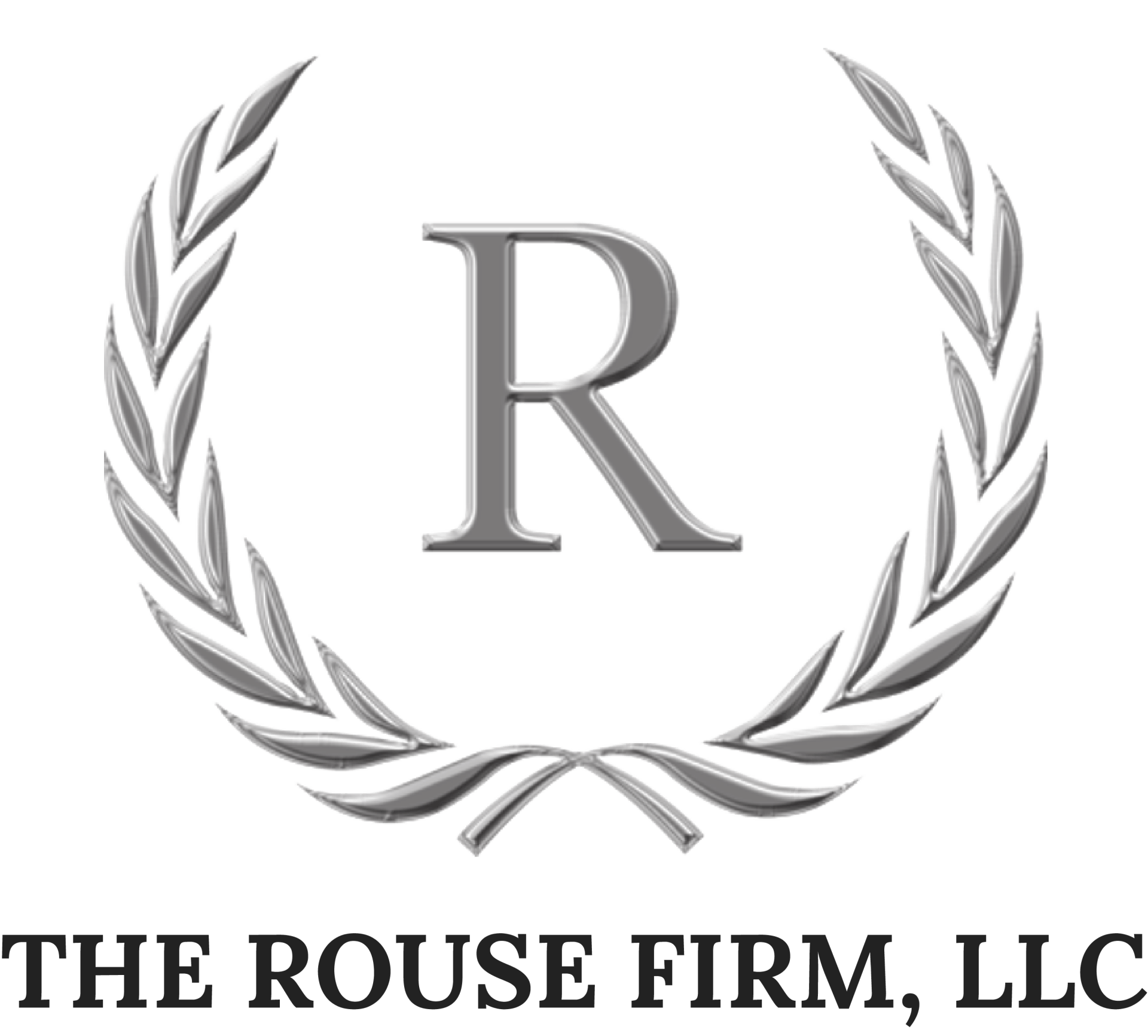Launching and Operating a Legally Sound Film Production Company
Law 101 for Filmmakers

Starting and operating a film production company can be both an exciting and daunting endeavor. Whether you’re an aspiring filmmaker or an industry veteran, understanding the legal landscape is crucial to ensure your company operates smoothly and successfully. This blog post will guide you through the essential steps to launch and manage a legally sound film production company.
Understanding the Industry Landscape
The film industry is a dynamic and multi-faceted world, characterized by creativity, innovation, and collaboration. In 2024, the global film and video market is valued at approximately $304.17 billion and is expected to grow significantly, driven by the increasing demand for digital content. This growth presents ample opportunities for emerging production companies, but also underscores the importance of establishing a solid legal foundation.
Step 1: Choosing the Right Business Structure
The first step in launching your film production company is selecting the appropriate business structure. This decision will affect your legal liability, taxes, and administrative requirements. Common structures include:
- Sole Proprietorship: Simplest form, but offers no personal liability protection.
- Partnership: Involves two or more individuals sharing profits and liabilities.
- Limited Liability Company (LLC): Provides personal liability protection and flexibility in management.
- Corporation: Offers strong liability protection and potential tax benefits, but involves more regulations.
It’s advisable to consult with a legal expert or accountant to determine which structure best suits your needs and long-term goals.
Step 2: Registering Your Company
Once you've chosen a business structure, the next step is to register your company with the appropriate governmental bodies. This typically involves:
- Selecting a Business Name: Ensure it's unique and not already in use by another entity.
- Filing the Necessary Paperwork: Submit articles of incorporation or organization, depending on your chosen structure.
- Obtaining an Employer Identification Number (EIN): Required for tax purposes and opening business bank accounts.
Step 3: Securing the Necessary Licenses and Permits
Operating a film production company requires various licenses and permits, which can vary by location and scope of work. Common requirements include:
- Business License: General permit to operate in a particular city or state.
- Film Permits: Necessary for shooting on public property or certain locations.
- Copyright Registrations: Protects your original content and intellectual property.
Research the specific requirements in your area and ensure compliance to avoid legal complications.
Step 4: Establishing Contracts and Agreements
Contracts are the backbone of any production company, defining the rights and responsibilities of all parties involved. Key agreements include:
- Employment Contracts: Outlining terms for cast and crew.
- Location Agreements: Securing permission to shoot at specific sites.
- Distribution Contracts: Ensuring your film reaches audiences through various channels.
Invest in a good entertainment attorney to draft and review these documents to safeguard your interests.
Step 5: Protecting Your Intellectual Property
In the creative industry, safeguarding your intellectual property is vital. This includes:
- Copyright Protection: Register your scripts, films, and any original works.
- Trademarking: Protects your company name, logos, and branding elements.
- Non-Disclosure Agreements (NDAs): Prevent unauthorized sharing of sensitive information.
Step 6: Managing Finances and Funding
A successful production company requires prudent financial management. Consider:
- Budgeting: Develop comprehensive budgets for each project.
- Funding: Explore various funding options such as grants, crowdfunding, or private investors.
- Tax Compliance: Stay informed about tax obligations and potential incentives for film production.
Hiring a professional accountant with experience in the film industry can help maintain financial health and compliance.
Conclusion
Launching and operating a legally sound film production company requires careful planning and attention to detail. By understanding the legal requirements and establishing a solid foundation, you can focus on creating compelling content and building a successful business. Stay informed, seek professional advice when needed, and embrace the exciting journey of filmmaking.
Contact me if you have any questions - roy@ifmcollab.com


